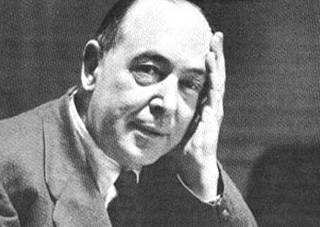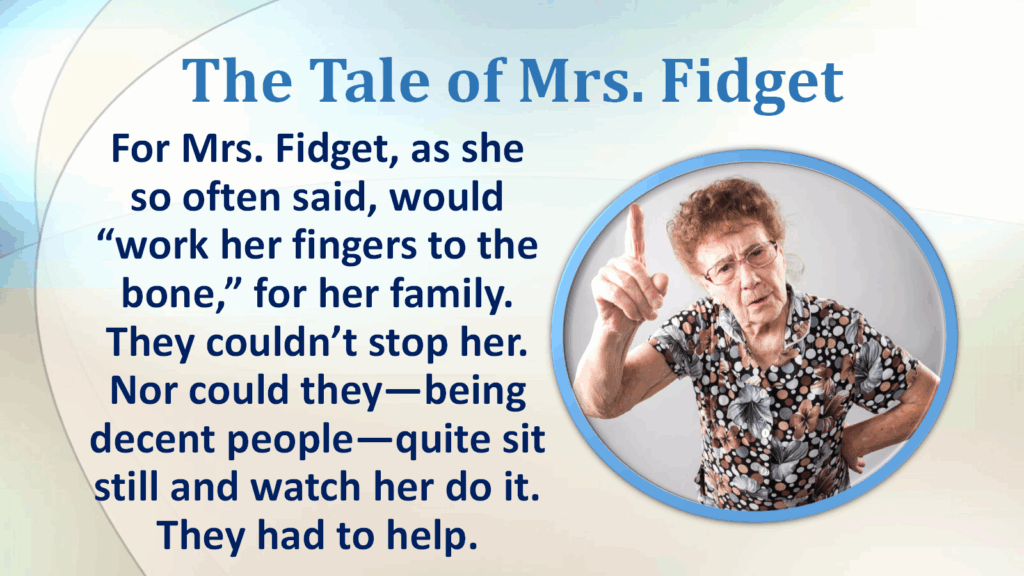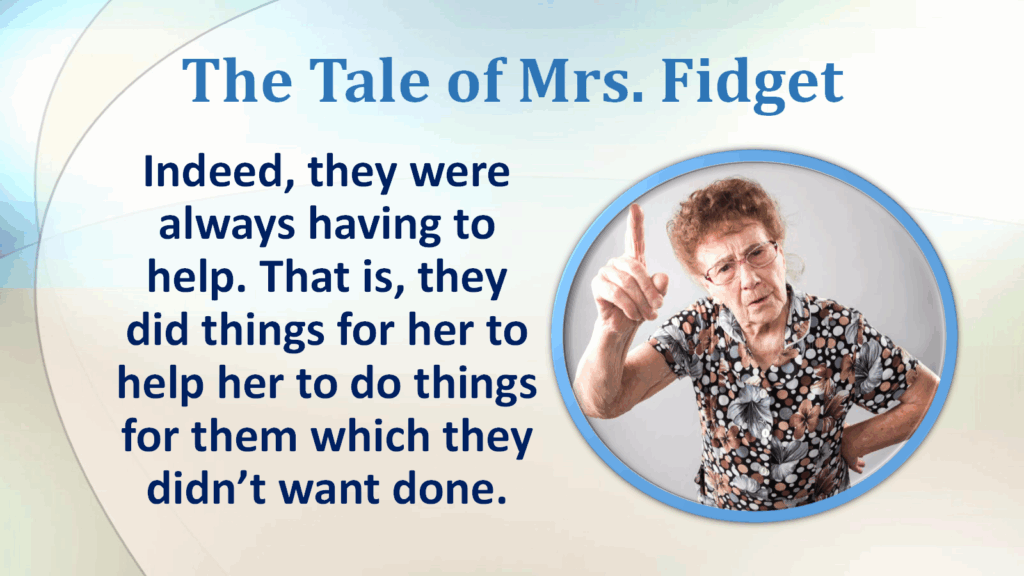In my last post, I reviewed the love of Affection, as C. S. Lewis explains it in his masterful work, The Four Loves. Lewis has affection for Affection, as he states near the end of that chapter, “Affection is responsible for nine-tenths of whatever solid and durable happiness there is in our natural lives.”
Yet, he spends the last part of the chapter (as he does in the following chapters on Friendship and Eros) pointing to the dangers that can appear in what should be a positive love. As Lewis continually notes in the book, whenever we take one of these loves and make them the center of our lives divorced from Charity, they have a tendency to transform into demons. That can occur with Affection. Lewis provides examples.
When we begin to crave the affection of others, that’s when this love begins to go wrong. A reasonable expectation of being loved by others can easily turn into a belief that we have a right to be loved. But we have no such right.
Lewis, in his examples, begins with cantankerous people who are always demanding something from others. Their demands can become insatiable, and no matter what we do, they never think we have done enough to show our love and concern for them. He then takes aim at the difference between public and private actions. In public, we put on airs and appear perfectly as we are expected to appear—we abide by the rules of public courtesy. Often, though, when we go home to our domestic life, we feel we can shed all that artificiality and just “be ourselves.”
“He knows that Affection takes liberties. He is taking liberties,” Lewis explains. “Therefore (he concludes) he is being affectionate. Resent anything and he will say that the defect of love is on your side. He is hurt. He has been misunderstood.”
Another example Lewis uses is a situation where those who have shared things in the past and have great affection for one another become jealous. That happens when one who has always been part of the shared activities veers off in a different direction with some new interests. Jealousy’s ugly head is revealed.
A brother and sister, or two brothers—for sex here is not at work—grow to a certain age sharing everything. They have read the same comics, climbed the same trees, been pirates or spacemen together, taken up and abandoned stamp-collecting at the same moment. Then a dreadful thing happens. One of them flashes ahead—discovers poetry or science or serious music or perhaps undergoes a religious conversion. His life is flooded with the new interest. The other cannot share it; he is left behind. … It is not yet jealousy of the new friends whom the deserter will soon be making. That will come.
At first it is jealousy of the thing itself—of this science, this music of God (always called “religion” or “all this religion” in such contexts). The jealousy will probably be expressed by ridicule. The new interest is “all silly nonsense,” contemptibly childish (or contemptibly grown-up) or else the deserter is not really interested in it at all—he’s showing off, swanking; it’s all affectation.
Lewis follows this with “The Tale of Mrs. Fidget,” a rather humorous—while simultaneously sad—example of someone who lives for her family. This might sound quite innocent enough, but her “devotion” to the family is really her way of controlling each member so that she will feel useful to them. Above all, she dreads not being “necessary,” so she goes out of her way to provide things—even things they don’t really want.
This family, harried by Mrs. Fidget’s constant attention to them in her desire to always be “needed,” finally are rewarded for their perseverance after her death. As Lewis puts it,
“Can Mrs. Fidget really have been quite unaware of the countless frustrations and miseries she inflicted on her family?” Lewis asks. “It passes belief. She continued all these practices because if she had dropped them, she would have been faced with the fact she was determined not to see; would have known that she was not necessary.” Lewis summarizes thusly:
What of Friendship? Why does Lewis call this a love when most people don’t think of it in those terms? What is its value? In what way can it go wrong? My next couple posts will deal with those questions.










